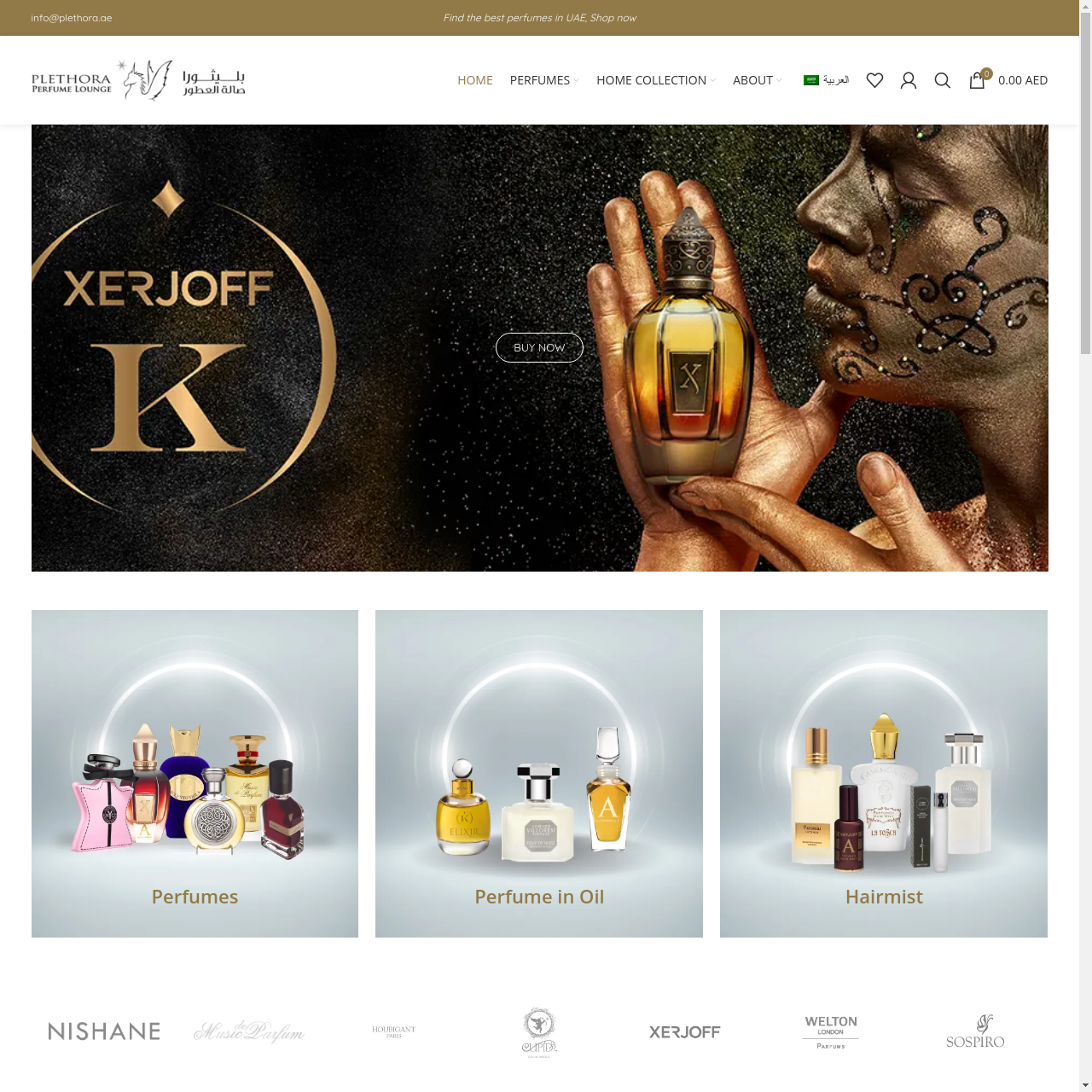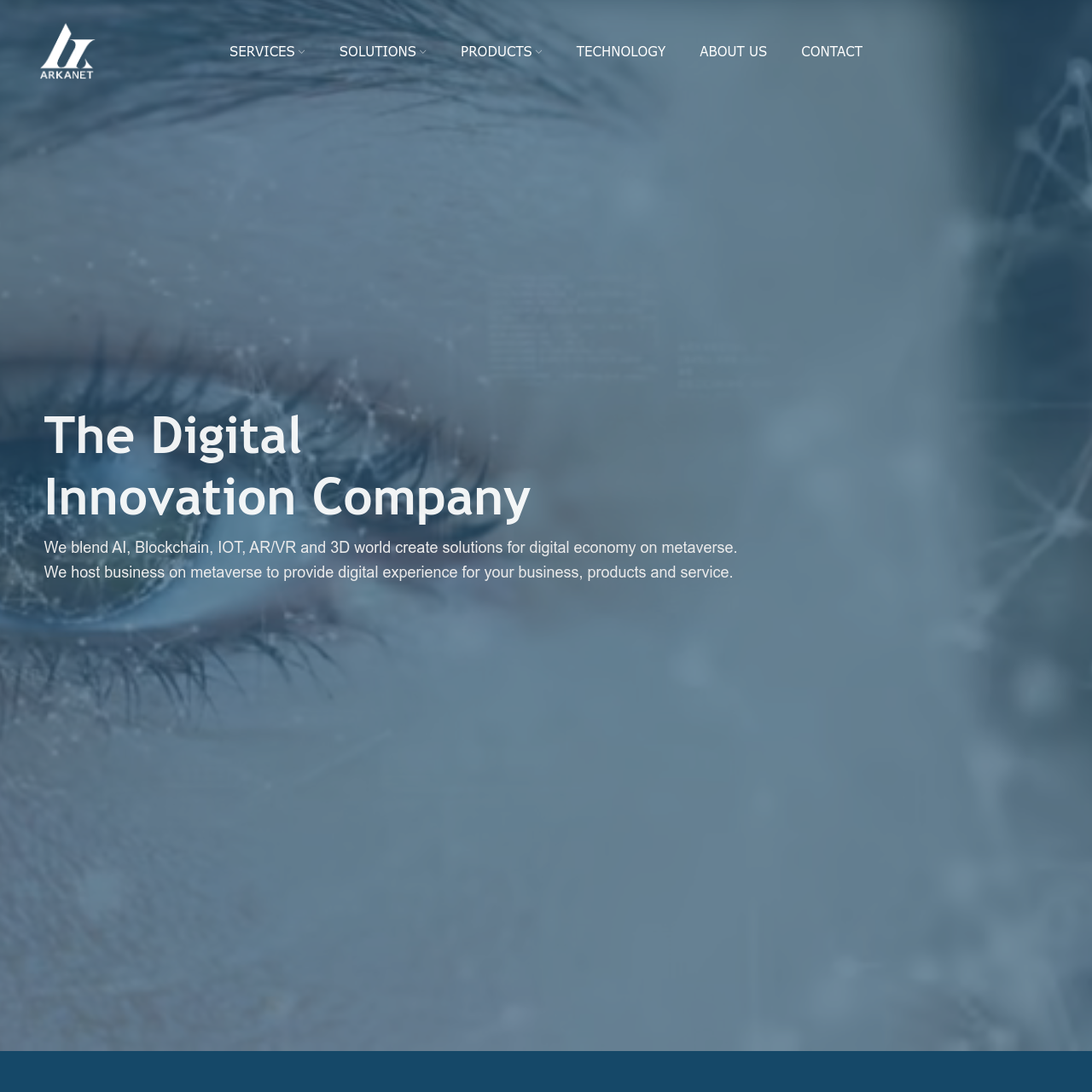Discover custom chatbot solutions for WhatsApp, Messenger at Arkanet Technologies. Boost sales with our SEO tips and resources at arkanet.in
Introduction
Chatbots have revolutionized how businesses engage with customers by providing real-time, automated conversations. Powered by artificial intelligence and natural language processing, chatbots can understand text and voice input to provide helpful responses or complete tasks like placing orders and scheduling appointments.
Arkanet Technologies is an AI solutions company specializing in custom chatbot development for platforms like WhatsApp, Facebook Messenger, and more. With expertise in natural language understanding, conversational AI, and machine learning, Arkanet builds intelligent chatbots tailored to each client’s unique needs. Whether automating customer support, generating leads, or any other business process, Arkanet’s chatbots create seamless customer experiences while freeing up employees’ time.
With capabilities like semantic analysis, intent recognition, and knowledge graphs, Arkanet chatbots feel like talking to a real person. The bots learn and improve over time to deliver increasingly personalized conversations that help businesses boost efficiency and better serve their customers.
Chatbot Basics
A chatbot is a software application designed to simulate conversation with human users, especially over the internet. Chatbots are typically used to provide automated customer service or information retrieval.
Some common use cases for chatbots include:
- Customer service – Chatbots can answer frequently asked questions, handle simple account requests, redirect issues to human agents, and improve customer satisfaction. They are available 24/7 and can resolve issues quickly without waiting on hold.
- Information lookup – Chatbots can provide quick access to knowledge bases, product catalogs, FAQs, and other information repositories. Users can ask questions in natural language and quickly get answers.
- Transactions – Chatbots are being used for purchases, money transfers, order tracking, and other secure transactions that can be automated with natural language conversations.
- Entertainment – Some chatbots are designed purely for entertainment purposes and humor, without any functional use cases. These are commonly used on social media platforms.
- Concierge services – Chatbots can provide personalized recommendations and curated information based on a user’s preferences and context. They act as virtual concierge services.
- Appointment booking – Healthcare, beauty, and other services are turning to chatbots to handle initial appointment inquiries and booking in a convenient conversational manner.
Chatbots provide businesses and organizations an efficient way to engage with users and customers at scale. With advancements in natural language processing, chatbots are becoming increasingly intelligent and human-like in their interactions.
Benefits of Chatbots
Chatbots provide numerous benefits for businesses and customers. Here are some of the key advantages of chatbots:
- 24/7 Availability – Chatbots can respond to customer inquiries at any time of day or night. Unlike human agents, chatbots don’t need breaks and are always ready to engage with customers. This allows businesses to provide assistance around the clock.
- Fast Response Times – Chatbots can typically respond to customers far more quickly than human agents. Simple inquiries like checking an order status or requesting basic information can be handled immediately by a chatbot. This improves customer satisfaction through fast resolution.
- Cost Savings – By automating common customer service tasks, chatbots significantly reduce labor costs associated with customer support. Large businesses have reported saving millions per year in operational costs by implementing chatbots.
- Scalability – Chatbots can handle huge volumes of customer interactions easily. While human agents are limited in how many chats they can conduct simultaneously, chatbots can scale readily to manage increased demand. This scalability makes chatbots ideal for large businesses with lots of customer traffic.
Chatbot Platforms
There are many options when it comes to choosing a platform for your chatbot. Some of the most popular platforms include:
Facebook Messenger
Facebook Messenger has over 1 billion users, making it one of the largest chatbot platforms available. The Facebook Messenger API makes it easy to integrate your chatbot and reach a huge audience.
Some key features of Facebook Messenger for chatbots:
- Built-in NLP for natural language interactions
- Rich messaging format with images, buttons, cards and more
- Personalization and user profiling capabilities
- Payments integration
WhatsApp is the most popular messaging app globally with over 2 billion users. The WhatsApp Business API allows businesses to integrate chatbots on this platform.
Benefits of WhatsApp for chatbots:
- Huge built-in audience
- Users already engage with businesses on WhatsApp
- Support for rich media messages
- Offers and payments integration
Telegram
Telegram has over 500 million active users. Their user-friendly bot API has made Telegram popular for chatbots.
Why Telegram works for bots:
- Open ecosystem that encourages bot development
- Ability to create custom keyboards
- Support for interactive media like photos, videos, music
- Fast and reliable API
Slack
Slack is popular in the enterprise context. It has an app directory with chatbots optimized for business workflows.
Slack chatbot features:
- Strong presence in the enterprise space
- Custom app integrations
- Robust security and compliance
- Advanced features like real-time data and analytics
Text Messages
Plain text messaging remains a simple yet effective channel for chatbots. Platforms like Twilio make it easy to build text-based chatbots.
Benefits of text bots:
- No app download required
- Universal reach and compatibility
- Lean and fast interactions
- Low cost to implement
Chatbot Use Cases
Chatbots can be used in various industries and use cases to help improve customer experience, automate conversations, and increase efficiency. Some of the most common chatbot use cases are:
- Customer service: Chatbots can serve as virtual customer service agents by answering frequently asked questions, guiding users to the right resources, offering support, and handling common customer inquiries so human agents can focus on more complex issues. Chatbots like FAQ bots and service bots help reduce customer response times and support costs.
- Lead generation: Chatbots can initiate conversations with visitors to a website or social media to obtain contact information like name, email, and phone number. This lead generation data can then be used for sales follow up and email marketing. Chatbots act as automated sales bots to qualify leads 24/7.
- Transactions: Chatbots are being used by various industries for handling transactions, payments, and even product recommendations or orders. Retail chatbots can help users complete purchases faster. Chatbots can also help with booking appointments or reservations for services. Financial chatbots can provide account information, transaction history and make payments.
- Information lookup: Chatbots can be used for quick information lookup from knowledge bases or FAQ databases. IT helpdesk chatbots retrieve answers to frequently asked employee technology questions. They act as virtual assistants for providing information like weather, directions, hours of operation, services offered and more.
Chatbot Challenges
While chatbots provide many benefits, developing and deploying them comes with some key challenges that businesses should be aware of:
- Natural Language Processing Limitations: Current NLP technology still has trouble accurately understanding complex natural language, sarcasm, and intents behind certain questions. This can lead to frustration for users. The level of sophistication needed for robust NLP represents a key barrier.
- User Experience Difficulties: It can be hard to provide a seamless conversational flow that mimics human interaction. Things like improperly formatted questions, incorrect responses, and repetitive answers can cause a poor user experience. Extensive testing is required.
- Development Costs: Creating an enterprise-grade chatbot requires a significant upfront investment. From research to iterative prototyping and testing, highly skilled teams are needed for advanced NLP training. Ongoing maintenance and continuous training also adds costs.
Overcoming these challenges requires meticulous design thinking, conversation mapping, Intent training, and constant monitoring of chatbot performance. Companies that invest in sufficient development resources and prioritize the user experience will see the greatest ROI from chatbot adoption.
Arkanet’s Chatbot Expertise
Arkanet Technologies is an experienced chatbot development company based in India. Founded in 2008, Arkanet has over a decade of experience building custom chatbot solutions for clients across various industries.
Arkanet’s chatbot capabilities include:
- Building chatbots on major platforms like WhatsApp, Facebook Messenger, Telegram, Slack, and more.
- Integrating chatbots with APIs, databases, and other systems.
- Developing conversational UI and natural language processing.
- Ensuring chatbots comply with platform guidelines and regulations.
- Providing ongoing chatbot maintenance, optimization, and improvements.
Some of Arkanet’s notable chatbot clients and projects include:
- An appointment booking bot for a healthcare provider that increased bookings by 35%.
- A customer support bot for an ecommerce site that automated 30% of inquiries.
- An HR bot that helped streamline employee onboarding and services.
- Chatbots in finance, real estate, education, and other sectors.
With seasoned chatbot developers and expertise across industries, Arkanet is well-equipped to build custom, high-performing chatbots tailored to clients’ specific needs. Their past chatbot successes demonstrate proven results in streamlining operations, boosting engagement, and driving ROI through automated conversations.
Chatbot Best Practices
When developing chatbots, it’s important to follow best practices in order to create the most effective and user-friendly experience. Here are some key best practices:
Clear User Onboarding
- Provide a brief, simple tutorial for first-time users to understand how to interact with the chatbot.
- Use prompts like “Hi, I’m [name], your virtual assistant. Ask me any question or say ‘help’ to learn more.”
- Give examples of questions users can ask. This sets expectations and gets users started.
Natural Conversation Flow
- Use natural language understanding to support free-form questions, not just canned responses.
- Implement skip-ahead prompts if users ask later questions too early. Example: “Sorry I don’t have enough information to answer that yet. Let’s start with…”.
- Use clarifying questions instead of getting stuck. Example: “I’m not sure I understand. Did you mean…?”
Comprehensive Dialog Trees
- Anticipate multiple ways users may phrase the same question to cover all the bases.
- Allow for digressions but provide ways to get conversations back on track politely.
- Test conversation flows thoroughly to identify gaps and improve coverage.
- Continuously expand dialog trees over time based on user interactions.
Following chatbot best practices helps improve user experience and satisfaction over time. Investing in smooth onboarding, natural conversation, and robust dialog trees makes chatbots more useful, effective, and human-friendly.
The Future of Chatbots
Chatbots have come a long way in the past few years, but there is still a lot of potential for advancement and new innovations in the space. Here are some of the most promising areas for the future of chatbots:
AI Advancements
- More natural language processing – Chatbots will continue to improve at understanding and responding to complex human language and queries. They will become more conversational.
- Greater personalization – With more data and advanced AI, chatbots will be able to tailor responses and recommendations specifically for each user.
- Sentiment analysis – Chatbots will get better at detecting human emotions and responding appropriately based on mood and sentiment.
New Use Cases and Verticals
- Expansion into more industries – Chatbots have already been adopted in retail, banking, healthcare and other sectors. In the future we’ll see them permeate more verticals like real estate, law, human resources and more.
- Integration with IoT – Chatbots will work together with home assistants, wearables, smart cars and other internet of things devices to deliver greater connectivity.
- Augmented reality – Chatbots could integrate with AR glasses and tools to provide information overlays and intelligent assistance.
Integration with Other Technologies
- Unified with live chat and phone – Chatbots will share context and integrate with human agents in omnichannel customer service environments.
- Connections to business apps – Chatbots will interface with CRM software, ERP systems, marketing automation and other enterprise apps to share data.
- Payments integration – Chatbots will be able to take payments and make transactions more seamless within conversations.
- Analytics integration – Chatbot platforms will connect better with business intelligence tools to uncover insights from conversational data.
The future is bright for chatbots, as rapid innovation is unlocking new potential in AI, natural language processing and omnichannel customer experiences. Exciting developments lie ahead as chatbots become smarter, more useful and more human-like in their interactions. Brands that leverage this technology early will have a competitive advantage.
Conclusion
Chatbots have become an essential customer service and marketing tool for many businesses. As we’ve discussed, chatbots provide numerous benefits like 24/7 availability, quick response times, and scalability. Major chatbot platforms like Facebook Messenger, WhatsApp, and Telegram have enabled companies to reach customers in messaging apps they already use.
Use cases for chatbots range from customer support and lead generation to appointment booking and conversational commerce. However, chatbots also come with challenges like managing complexity, preventing errors, and providing a human touch when needed.
As experts in chatbot development and AI, Arkanet Technologies has the experience to create tailored chatbot solutions that meet your business goals. Their team follows best practices like defining clear intents, providing fallback options, integrating with other channels, and continuously optimizing.
Chatbots are only getting smarter with advances in AI. As natural language processing and voice technology improves, chatbots will become an even more seamless way for businesses to engage customers.
To learn more about how a custom chatbot could benefit your company, contact Arkanet Technologies today to schedule a consultation. Their knowledgeable team is ready to discuss your needs and develop an intelligent chatbot that delivers results.











